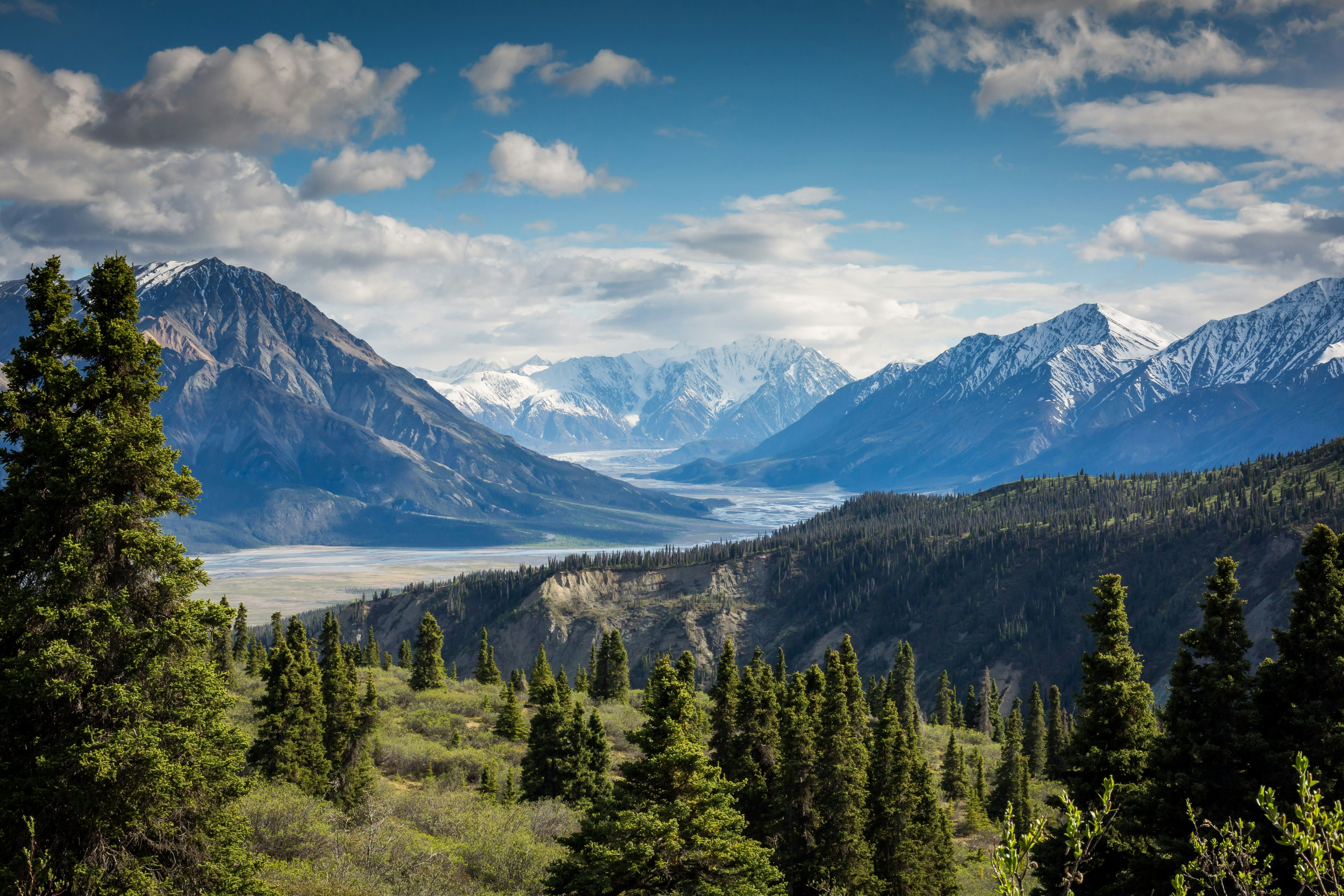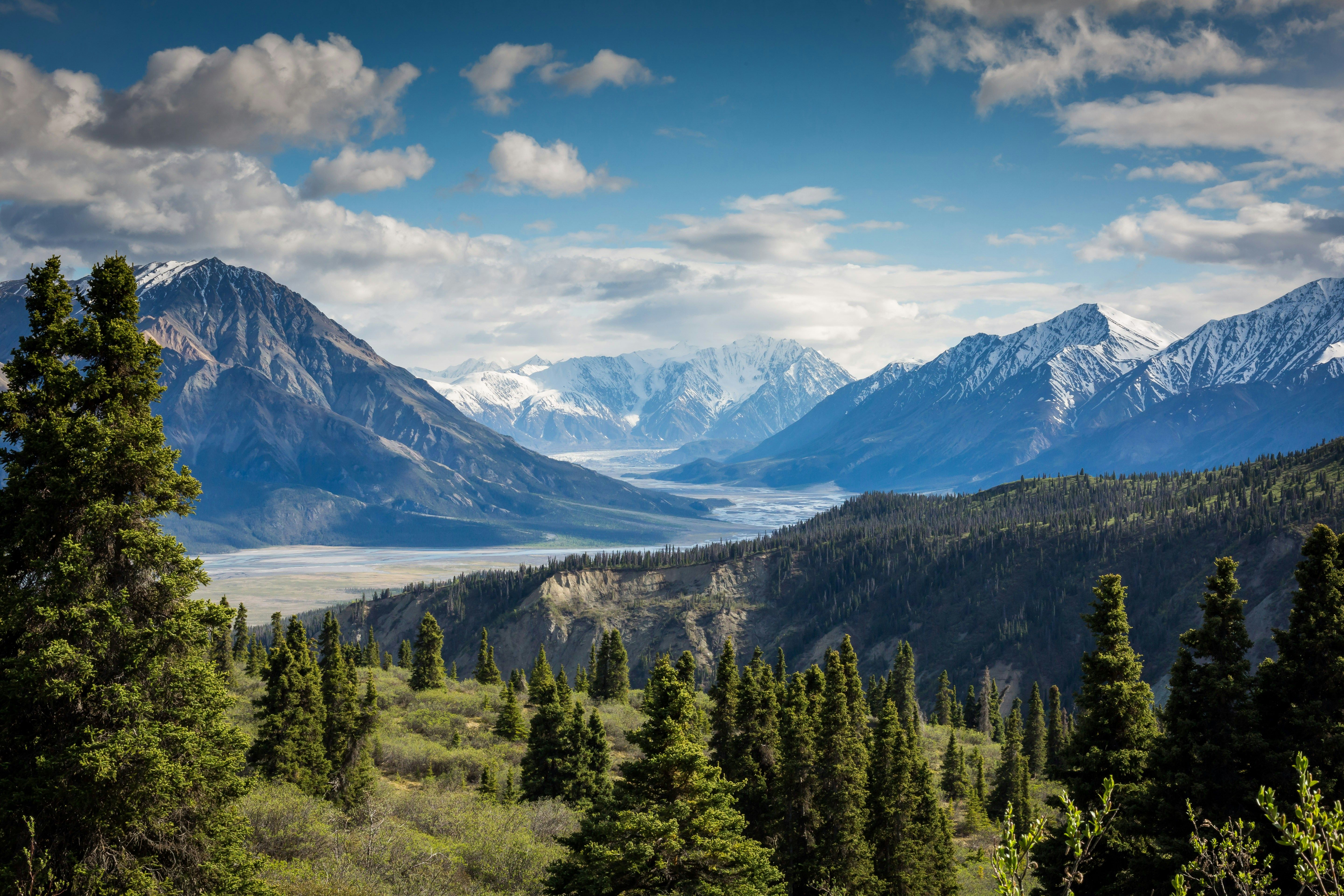Vegas, Baby, Vegas: Sin City's showdown with COVID-19
Casinos Face Off Against COVID-19 Virus, Initial Battle Analysis
The COVID-19 pandemic has dealt a brutal blow to Vegas, a city renowned for its decadence and reliance on tourism. The vibrant city, known as the entertainment capital of the world, now resembles a ghost town, with its iconic casinos and sprawling hotels eerily empty.
Before the pandemic, Vegas was a hive of activity - bustling casinos, lively music concerts, and electrifying boxing matches, all attracting throngs of people day and night. But the pandemic's arrival forced a sudden halt to the city's incessant energy.
On March 18, Nevada's Governor Steve Sisolak shut down all casinos, bars, and restaurants, a decision that was as unprecedented as it was necessary. In the following weeks, Vegas became a symbol of desolation, a stark reminder of the pandemic's devastating impact.
Sin City down for the count
Casinos had always been the lifeblood of Vegas. The city had never closed down invitingly bright casino floors, not even after 9/11 or during the 2008 financial crisis. The only times casinos closed were during the funeral of John F. Kennedy in 1963 and on occasions such as power outages or extreme weather conditions. But the pandemic brought a new reality to Vegas, forcing casino owners to lock their doors for an extended period.
Professor Steven Miller of the University of Nevada predicted a dire future for the city. "The current crisis will hit Nevada much harder than any other state," he said. "We can expect a longer and more severe crisis here, with the unemployment rate potentially reaching 30 percent by July. During the 2008 financial crisis, the unemployment rate was still 3.9 percent in February."
The economic pillars that once supported Vegas - tourism, conferences, shopping, and sports - are now crumbling to dust. The once-bustling streets of Vegas are now unemotional and desolate, with the Las Vegas Strip and Fremont Street looking like a scene from a post-apocalyptic movie. The eerie silence is broken only by the occasional sight of homeless people or casino security guards.
A bitter taste of history repeating
As the days went by, Vegas evoked memories of the 2008 economic and financial crisis. With tourism grinding to a halt, the city stands on the brink of collapse, with more than two million residents currently unemployed. The majority of job losses are in the entertainment, food, and hotel sectors, which have been put on hold due to the pandemic.
Mayor Carolyn Goodman called the casino closure "pure insanity" and urged the governor to lift the quarantine immediately. In April, protests against the coronavirus measures were held in the gambling capital, with demonstrators ignoring current social distancing requirements and calling for the resumption of public life.
But as the world continues to grapple with the pandemic, it remains uncertain when people will be ready to return to the city for a bit of fun, gambling, or entertainment. Foreign tourists are still banned from entering the US, and many Americans are struggling financially, making lavish trips to Vegas a distant dream.
Preparing for the comeback
As they wait for a ray of hope, casino operators in Vegas are gearing up for the return of tourists. Major casinos like Caesars, MGM, Treasure Island, Venetian, and Palazzo have announced new strict medical procedures and renovations. These include temperature checks, mandatory face masks, physical distancing, hand sanitization, ventilation, and digital innovations.
Casino floors are being reconfigured to implement new safety measures, with buffet tables being removed, acrylic barriers being installed, slot machines being spaced out, and floor markers being added to indicate where players should stand, maintaining social distance. New safety measures also include mandatory COVID-19 testing for all casino employees before they return to work.
The specific reopening date for Las Vegas casinos remains uncertain, but it is likely to happen in July. In Macau, a special administrative region of China known for its gaming industry, over 80% of local revenues come from casinos or businesses related to gambling.
As the world slowly starts to return to normalcy, Macau hopes to reopen its casinos, following strict safety measures. The city has implemented rules for visitors and casino staff to prevent the spread of the virus, including mandatory mask-wearing, temperature checks, and disinfecting hands with disinfectant gel after every few rounds.
But even with these measures in place, Macau's gaming industry is far from thriving. Only around 1,400 tourists are arriving in Macau daily in May, a significant drop from the usual 100,000 daily visitors. The recovery of the city's gaming industry remains limited until travel bans and restrictions are lifted. Local officials have yet to provide a clear timeline for when visa and entry restrictions may be lifted.
A long road to recovery
The COVID-19 pandemic has brought the gambling world to its knees, with Nevada and Macau hit particularly hard. As the world grapples with the pandemic's impact, it remains uncertain when the fortunes of these cities will turn, and their streets will once again resonate with the laughter and buzz of tourists from around the globe.
For now, the show must wait, and the casinos stand empty, their lights casting long, lonely shadows on the desert sands. But as the city of lights prepares for its comeback, one thing remains certain: Vegas is not going down without a fight.
- What's the current state of Vegas, a city known for its tourism and lively casino culture? It's a ghost town, with casinos and hotels eerily empty.
- Before the coronavirus, Vegas was a hub of activity, with bustling casinos, music concerts, and boxing matches attracting crowds day and night.
- Nevada's Governor Steve Sisolak shut down all casinos, bars, and restaurants on March 18, a decision that was necessary but unprecedented.
- Professor Steven Miller predicts a dire future for Vegas, stating that the unemployment rate could reach 30% by July, much higher than during the 2008 financial crisis.
- Innovations such as temperature checks, mandatory face masks, and digital innovations are being implemented to ensure safety as casinos prepare for reopening.
- The exact reopening date for Las Vegas casinos is uncertain, but it is expected to happen in July, with Macau potentially following suit, provided they can implement and maintain strict safety measures.









